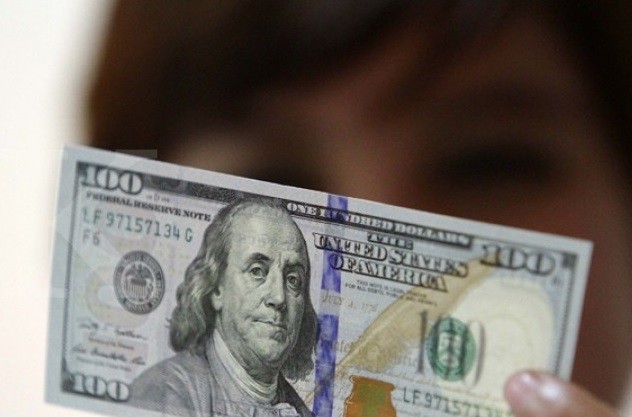Popular Reads
Top Results
Can't find what you're looking for?
View all search resultsPopular Reads
Top Results
Can't find what you're looking for?
View all search resultsForeign deposits waning in banks
Change text size
Gift Premium Articles
to Anyone
B
anks have become more vigilant over currency risks by reducing foreign-denominated deposits by an average 19 percent in the first half of the year.
Deposit Insurance Corporation (LPS) data said foreign-denominated deposits and call deposits had reduced by 11.64 and 27.06 percent, respectively, from January to April.
Foreign currency deposits declined from Rp 8.03 trillion (US$614.18 million) in January to Rp 7.47 trillion in April, while foreign-denominated call deposits decreased 27.06 percent from 10.83 trillion (January) to 7.91 trillion (April).
Therefore, internal monetary conditions are generally under control, said Bank Indonesia senior deputy governor Mirza Adityaswara, adding that benign inflation and potential inflow from the tax amnesty program would help the economy.
"Despite the weak credit growth owing to global factors, we are seeing better government spending and monetary easing. But it will take six months to see the effect in the real sector, then we can expect better performance in the second semester," he told The Jakarta Post on Friday in Jakarta.
Mirza expects to see 2.4 percent inflation this year, with Idul Fitri festivities placing temporary pressure in July. “If we can keep inflation under 4 percent, we can gradually cut the interest rate," he recently. (ags)










